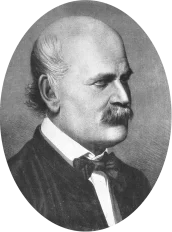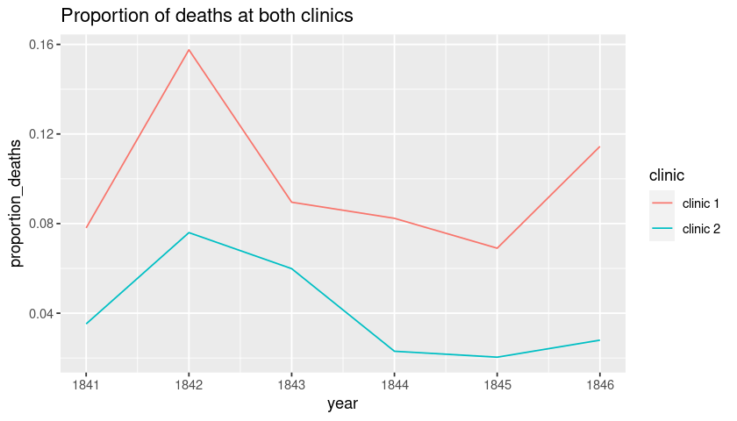The Power of Handwashing.

The Vienna General Hospital and the story of Dr. Ignaz Semmelweis are significant in the history of medicine and the understanding of infection control. Here's a brief overview of the story:
**Background:**
In the mid-19th century, Vienna General Hospital in Austria was a prominent maternity hospital.
During this time, there was a high mortality rate from childbed fever (also known as puerperal fever) among women who gave birth at the hospital.
Dr. Ignaz Semmelweis:
- Dr. Ignaz Semmelweis was a Hungarian physician who worked at Vienna General Hospital in the mid-1840s.
- He observed a stark difference in maternal mortality rates between two maternity wards at the hospital. The first ward was staffed by medical students and doctors, while the second ward was staffed by midwives.
- The mortality rate from childbed fever in the ward staffed by medical students and doctors was significantly higher than in the midwives' ward.
**Discovery:**
- Dr. Semmelweis was troubled by the disparity in mortality rates and began investigating the cause.
- He noticed that medical students and doctors often came directly from performing autopsies on deceased patients to delivering babies without properly washing their hands.
- He hypothesized that there might be some kind of "cadaverous particles" on their hands that were causing the infections in mothers.
- To test this theory, he implemented a simple but revolutionary practice: he required doctors and students to wash their hands thoroughly with a chlorine solution before attending to patients.
**Results:**
- After implementing handwashing, the mortality rate in the ward staffed by doctors and students dropped significantly.
- The results of Semmelweis' handwashing experiment were remarkable and demonstrated that basic hygiene practices could save lives.
**Legacy:**
- Dr. Semmelweis's findings laid the foundation for the importance of hand hygiene in healthcare settings.
- Unfortunately, during his time, his ideas were met with skepticism, and he faced resistance from the medical establishment.
- It was only in the late 19th century and beyond that the significance of his work was fully recognized.
- Today, Ignaz Semmelweis is celebrated as a pioneer in the field of infection control, and handwashing is considered one of the most critical measures to prevent the spread of infections in healthcare settings.
The story of Dr. Ignaz Semmelweis and Vienna General Hospital underscores the importance of evidence-based medicine, hygiene practices, and the potential consequences of ignoring medical discoveries.
